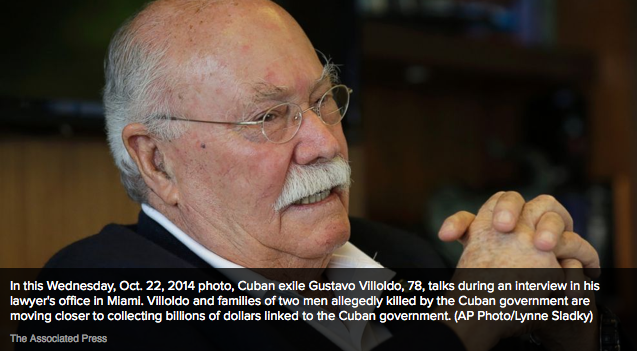
(For full article on ABC News website click here)
Since the day in 1959 that Cuban government agents blackmailed his father into committing suicide, Gustavo Villoldo has been on an anti-Castro mission that included co-piloting a B-26 bomber during the ill-fated 1961 Bay of Pigs invasion, infiltrating Cuba for the CIA numerous times and tracking down Fidel Castro lieutenant Ernesto "Che" Guevara in Bolivia in 1967.
Now, at age 78, Villoldo is fresh off another clash with the Cuban government, this time with a tentative success: He and family members of other two men ? American Bobby Fuller and Cuban Aldo Vera ? each won separate lawsuits in Florida seeking billions of dollars in damages combined from the Cuban government, which defaulted after never responding to the lawsuits.
"Money to me in this case, it doesn't mean anything. My family tragedy is sacred ground," Villoldo said in a recent interview. "I am continuing to fight Castro in a different arena."
The fight now, though, is less with Cuba than it is with the banks where the U.S. Treasury froze Cuban government assets that the families now want to seize. The banks are resisting turning the money over, insisting the U.S. families have yet to prove they should be allowed to seize it.
Earlier this year, Manhattan U.S. District Judge Alvin Hellerstein ruled that the Florida decisions must be honored as attorneys for Villoldo and the others try to get at accounts with ties to Cuba held by the 19 banks, including Bank of America, Barclays Bank, Citibank, Wells Fargo and JPMorgan Chase.
"The judgments granted by the Florida circuit court in favor of the plaintiffs and against Cuba are entitled to full faith and credit," Hellerstein wrote in an Aug. 22 order.
At stake is as much as $3.5 billion; the families have agreed to share any proceeds they get out of the New York accounts.
Villoldo attorney Andrew Hall, who previously represented Watergate figure John Erlichman and families of sailors killed in the USS Cole terror attack, said the Hellerstein ruling was a watershed moment in the case. The exact contents of the accounts and the account holders are sealed by court order, and the legal question now involves whether the money truly belongs to Cuba.
"That's the battle: Is this Cuba's money or is this someone else's money?" Hall said. "This is the green light that opens the door for us."
In a nutshell, the money was halted by the Treasury Department as it passed back and forth electronically through the New York banks between entities in Cuba and banks in other countries overseas.
Based on the rulings so far, Hall estimated more than $20 million could be paid out by the banks within the next six months. Another $20 million to $40 million, he said, could be obtained depending on upcoming legal decisions on precisely when an electronic funds transfer, or EFT, should be considered Cuban property that could be seized.
In October, the U.S. 2nd Circuit Court of Appeals ruled that EFTs were subject to seizure only if Cuba itself, or a state-owned entity, transmitted the funds directly to the bank. Lawyers on all sides are still sorting out that decision's impact. An attorney for several big banks, James Kerr, suggested that no money be turned over to Villoldo and the other families right away.
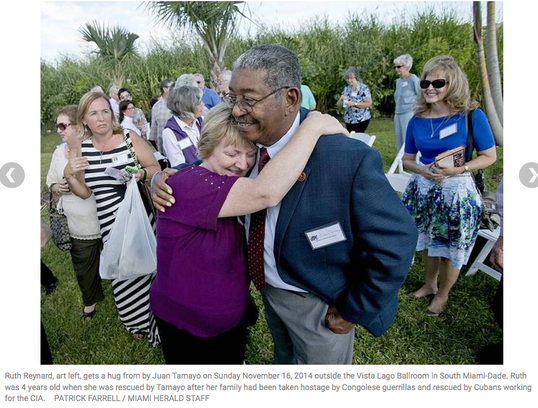
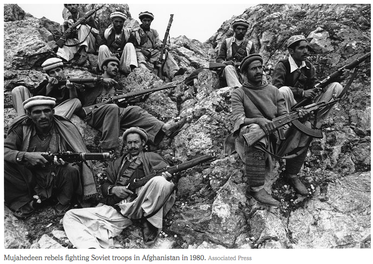
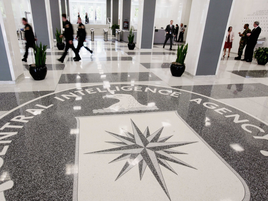

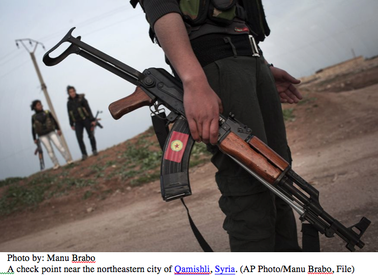
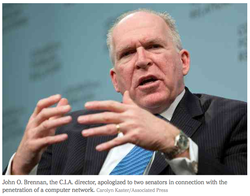


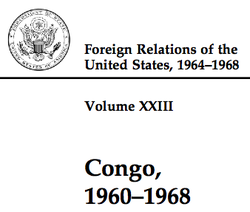
 RSS Feed
RSS Feed
